The Pediatric Physician Scientist Training Program (PSTP) currently accepts 1-2 residents each year on an integrated research track, and recruits categorical pediatric residents and subspecialty fellows with an interest in a research career.
The Physician Scientist Training Program is administered in coordination with the NewYork-Presbyterian/Morgan Stanley Children's Hospital/Columbia University Vagelos College of Physicians & Surgeons. We follow the American Board of Pediatrics guidelines for the Integrated Research Pathway (IRP) for training of pediatric residents with an interest in becoming research scientists.
The PSTP IRP pathway provides 11 months of protected research time (with a half day per week of continuity clinic) during the second and third years of residency.
Clinical Training
In addition to the research training, program participants will be involved in the same quality and breadth of clinical training as categorical residents, qualifying them for future fellowship and/or attending positions.
Learn more about the Pediatrics Residency Program
Fellowships
PSTP trainees have the opportunity to continue their training in one of the WCM pediatric fellowship programs. Research training will be continuous throughout residency and fellowship. Those PSTP trainees who perform well in clinical and research training will be prioritized for matching into the fellowship of their choice.
Learn more about the Pediatrics Fellowship Programs
Career Development
PSTP trainees will have access to Department of Pediatrics mentoring seminars as well as WCM's Clinical and Translational Science Center (CTSC) and Tri-I career development series.
Funding Opportunities
Participants will have the opportunity to apply for competitive internal funding (Department of Pediatrics), college-wide funding through the Clinical and Translational Science Center, and external grant funding.
Eligibility
The most competitive candidates will have a strong commitment to a research career and an outstanding academic record. The program is open to applicants who are able to enter graduate medical education on July 1 in the year of the Match as per ACGME requirements and have significant research experience such as completion of a Ph.D. program or an equivalent experience and are intended to pursue a career of a physician-scientist. During interview day(s), PSTP candidates will have the opportunity to meet both clinical faculty and current trainees from the Department of Pediatrics as well research faculty and potential mentors.
Program Goals and Timeline
YR1 | Goals / Activities | Timeline |
| Pre-arrival, Sept/October | |
| November | |
| January | |
| February | |
| March-April | |
| May | |
| May | |
YR2 | Goals / Activities | Timeline |
| November | |
| January | |
| February | |
| March-April | |
| June | |
YR3 | Goals / Activities | Timeline |
| September-May | |
| October-November | |
| January | |
| May | |
| June |
PSTP Faculty and Mentoring Network
 | Memorial Sloan Kettering Cancer Center Dr. Berger's laboratory develops and applies genomic and computational techniques to characterize the spectrum of genetic mutations in human tumors and identify biomarkers of disease progression and drug response. |
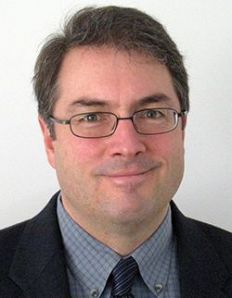 | Hospital for Special Surgery The Blobel lab studies a cell surface metalloprotease called ADAM17 (a disintegrin and metalloprotease 17) and its regulatory binding partners, iRhoms 1 and 2 (inactive Rhomboids 1 and 2), both key regulators of the TNFa, IL-6R and EGFR signaling pathways and therefore cruucial in diseases such as autoimmunity and cancer. |
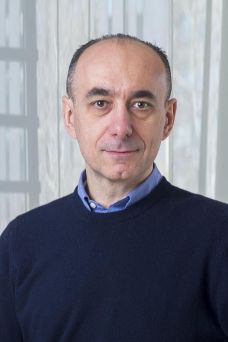 | Jean-Laurent Casanova, M.D., Ph.D. The Rockefeller University Dr. Casanova studies how human genes determine the clinical manifestations and outcome of primary infections by viruses including the novel coronavirus (SARS-CoV-2) bacteria, fungi, and parasites. |
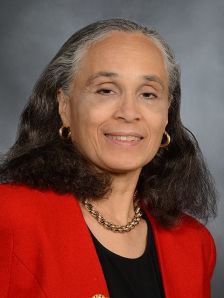 | Weill Cornell Medicine Dr. Golightly's research focuses on tropical diseases and emerging infections. |
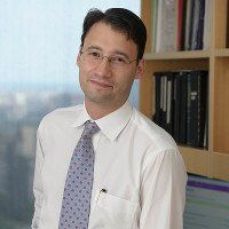 | Memorial Sloan Kettering Cancer Center Dr. Kentsis uses inter-disciplinary experimental tools to understand the fundamental causes of cancers that affect children and young adults ranging from embryonal tumors in infants, leukemias and brain tumors in children, and sarcomas in young adults. |
 | Memorial Sloan Kettering Cancer Center Dr. Kung integrates diverse methodologies to identify new cancer drivers and develop innovative therapies that target the molecular abnormalities in childhood and young adult cancers. |
 | Hospital for Special Surgery The Lu lab studies lymphatic dysfunction in disease and the lymph node vascular-stromal microenvironment that controls T and B cells in autoimmune and musculoskeletal conditions. |
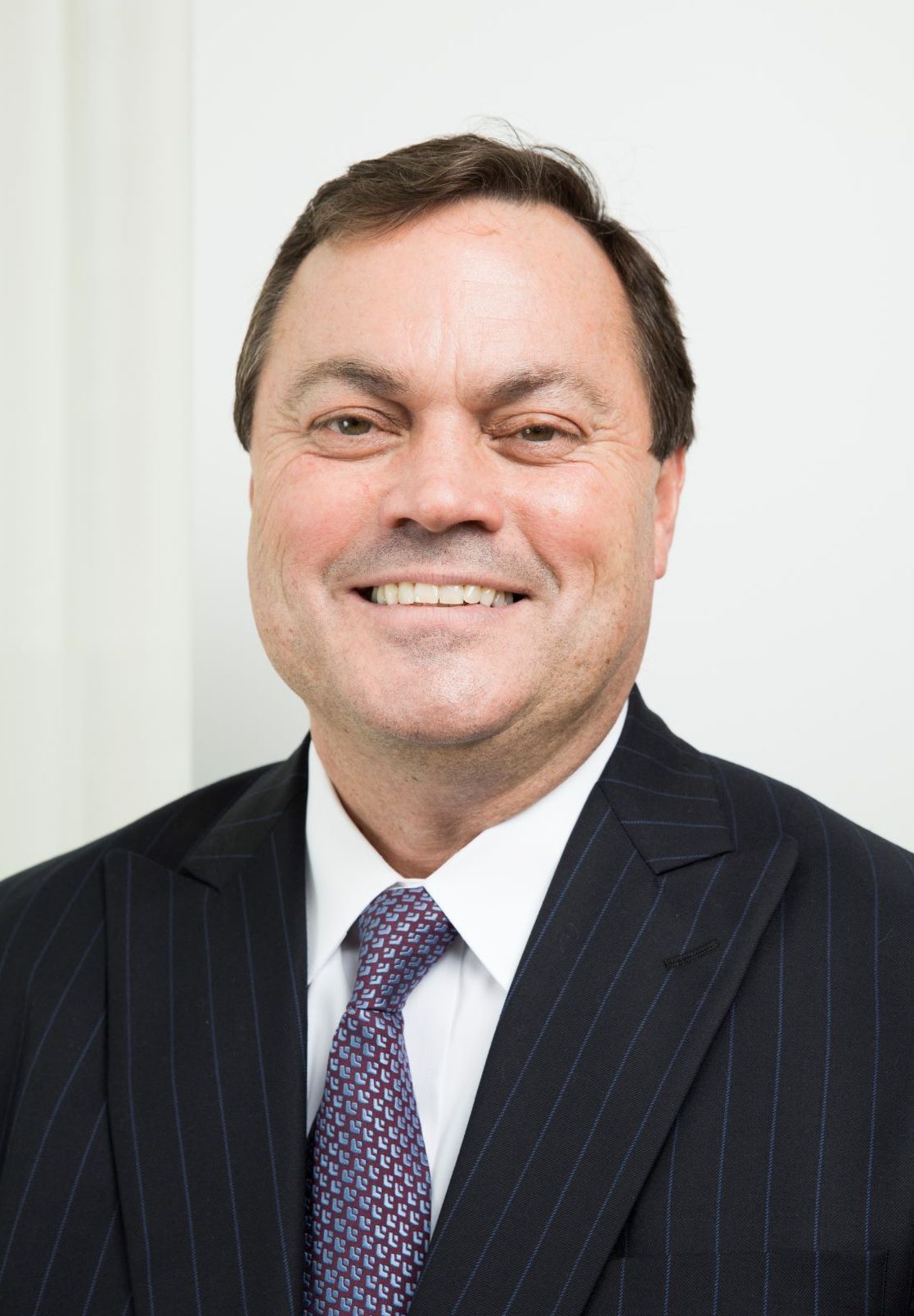 | Weill Cornell Medicine Dr. Lyden is a pediatric neuro-oncologist who studies the metastatic cascade and the systemic effects of cancer, with a focus on inter-cellular communication via extracellular vesicles and particles (EVPs). His laboratory studies EVP biology, biogenesis, heterogeneity as well as the biomarker and therapeutic potential of EVPs in cancer and beyond. |
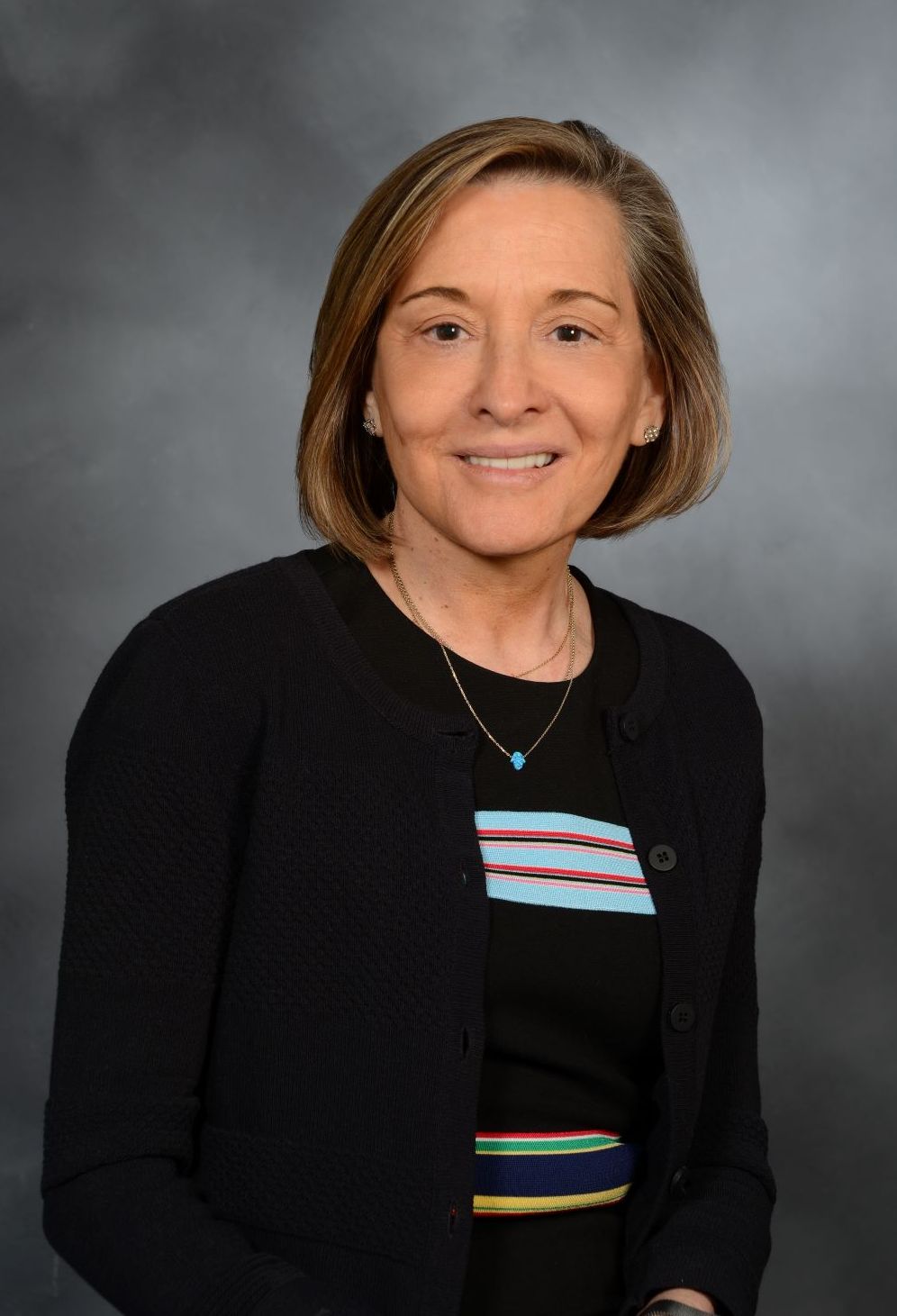 | Weill Cornell Medicine Dr. Pascual is a pediatric rheumatologist whose laboratory is focused on understanding the pathogenesis, finding biomarkers to guide therapeutic interventions and identifying therapeutic targets for human inflammatory and autoimmune diseases, including Systemic Lupus Erythematosus (SLE), as well as immune responses to a broad variety of infections and vaccinations. |
 | Weill Cornell Medicine The Permar laboratory focuses on immune prevention of neonatal viral pathogens and maternal/infant vaccine development to eliminate neonatal virus infections. |
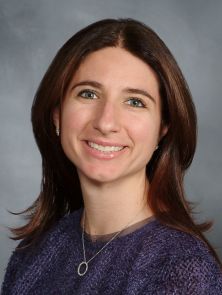 | Weill Cornell Medicine Dr. Roth’s research focuses on studying the biology of B-cell lymphomas associated with EBV infection including Hodgkin lymphoma and non-Hodgkin lymphoma. |
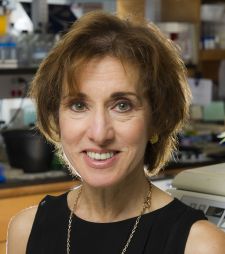 | Hospital for Special Surgery The goal of Dr. Salmon’s research is to identify predictors and determinants of disease phenotype in systemic lupus erythematosus (SLE) and related diseases, and to thereby identify targets for therapy. |
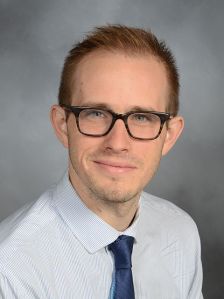 | Matthew Smith-Raska, M.D., Ph.D. Weill Cornell Medicine The Smith-Raska lab uses mouse models to study genes that are candidate regulators of epigenetic inheritance, by translating various exposures into stable and heritable epigenetic molecules in the germ cells, with a particular focus on small RNA molecules. |
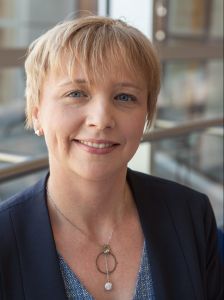 | Agata Smogorzewska, M.D., Ph.D. The Rockefeller University Dr. Smogorzewska’s laboratory strives to understand how DNA is repaired during replication paarticularly in the context of bone marrow failure, squamous cell carcinoma, and medulloblastoma development in patients with Fanconi anemia. . |
 | The Rockefeller University Dr. Tavazoie's laboratory employs a systems biology approach that integrates molecular, genetic, cellular, organismal, and clinical observations to discover and characterize key molecular regulators of metastasis, with the goal of developing new therapeutics for its prevention and treatment. |
 | Weill Cornell Medicine Dr. Worgall's laboratory studies pulmonary infections and host responses as well as the role of sphingolipids relevant to chronic pediatric lung diseases such as asthma, cystic fibrosis, and bronchopulmonary dysplasia. |
Learning Environment
Events
Physician Scientist Joint Seminar Series
PSTP trainees will have the opportunity to present their work and network with mentors and colleagues through this series. MD/PhD mentors in the Department of Pediatrics may also provide presentations for this series. Learn more: Physician Scientist Joint Seminar Series
Yearly PSTP Retreat
This 1-day bicampus yearly retreat highlights faculty and mentee research and features a keynote speaker.

